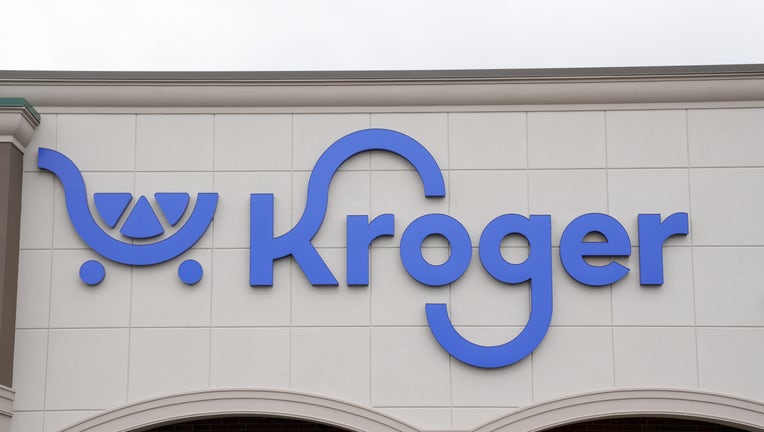Kroger and Albertsons release list of stores to be divested in proposed acquisition

Photographer: Jeffrey Dean/Bloomberg via Getty Images
The shape of a proposed merger between grocery giants Kroger and Albertson's took a step forward with the companies releasing a massive list of stores that will be divested in the acquisition.
In Arizona, nearly 100 stores will be impacted by the proposed deal, including 20 in Phoenix.
However, the $24.6 billion acquisition is being challenged by the Federal Trade Commission for its anticompetitive nature.
Arizona Attorney General Kris Mayes also spoke out against the acquisition, saying the deal was far from complete.
"I am proud to stand with the FTC and my fellow attorneys general in suing to block this anticompetitive, anti-consumer and anti-worker merger," Mayes said in a release.
The companies both boast market caps in excess of $10 billion. Kroger's market cap was listed at $37.49 billion by Yahoo Finance while Albertson's was listed north of $11 billion.
Yahoo Finance ranked Kroger as the fifth-largest supermarket chain in the nation, while Albertson's came in at 11th.
Kroger operates across 36 states while Albertson's is operational in 35 and combined the companies operate more than 5,000 stores with 700,000 employees.
Both companies finished the day in negative in stock market trading on the heels of the store location release and subsequent response.

Kroger and Albertsons list planned store divestitures
Kroger and Albertsons release a list of proposed store divestitures should their controversial merger survive legal battles with the FTC and several state attorney's general. More than 100 stores in Arizona would be impacted along with 20 stores in Phoenix.
Why is the FTC suing to block the merger?
The FTC says that a merger between two of the largest grocery chains in the nation will allow them to set already high prices to whatever level they desire.
They also argue they could try to poach workers from other markets, although most workers for both companies are members of the United Food and Commercial Workers Union.
Along with competitive pricing, FTC officials alleged that without the competition the grocer would be less incentivized to sell quality products.
Problems facing Americans at the grocery store
The proposed merger comes as the nation faces growing fears of inflation, especially at the grocery store.
In April, studies showed that grocery prices had risen 3% over the last three years and in June more than one-fourth of Americans admitted to skipping meals because of high prices, according to a different study.

Grocery prices rose 21% in 3 years, figures show
While inflation has dropped significantly from its peak, it is still above the Federal Reserve's target of 2%, and according to the Bureau of Labor Statistics, grocery prices have risen 21% in the past three years, and that has people talking about the cost of food. Reporter Kennedy Hayes has more.

